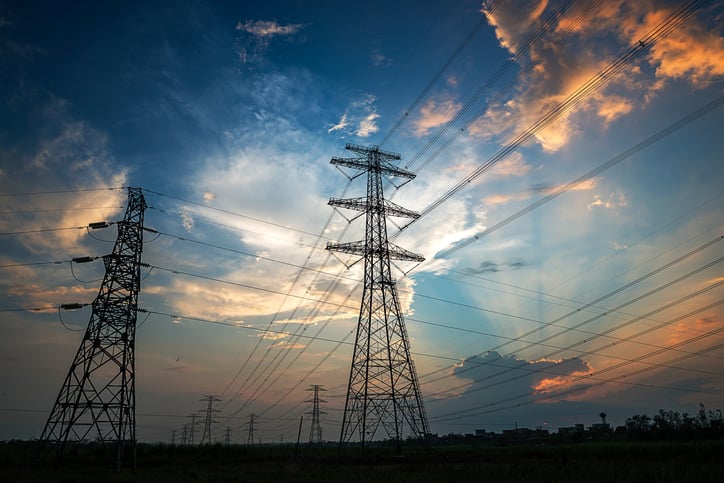
UK energy regulator Ofgem has confirmed it will press ahead with a contentious reform of electricity network charges which stands to damage the economics of distributed generation and energy storage projects in the country.
Today Ofgem confirmed that it would be making several changes under a complex set of reforms banded together as the Targeted Charging Review, altering the way certain costs of maintaining and operating the country’s transmission and distribution networks.
Enjoy 12 months of exclusive analysis
- Regular insight and analysis of the industry’s biggest developments
- In-depth interviews with the industry’s leading figures
- Annual digital subscription to the PV Tech Power journal
- Discounts on Solar Media’s portfolio of events, in-person and virtual
Firstly, the regulator has confirmed it will move towards a fixed levy on residual charges, away from the current system which sees end users charged depending on how much power they derive from the grid. Charging each end user a fixed sum no matter how much electricity they demand stands to reduce the benefit of generating and storing power from a domestic or C&I renewables and/or battery storage system.
There will also be considerable changes to so-called ‘Embedded Benefits’, meaning that suppliers will no longer be able to task small distributed generators with reducing their balancing services liabilities, a service which has made meaningful contributions to business models in the UK.
Meanwhile, the embedded benefit which exempted small distribution generators from paying balancing services charges is to be the subject of a second Balancing Services Charges Taskforce, which will be tasked with applying Ofgem’s TCR principles to it. The taskforce is to consider who should pay for those balancing charges and on what basis, paving the way for what the regulator has described as “fundamental reforms”.
Those reforms are expected to save consumers some £300 million (US$387 million) a year after they are enacted in 2021, but the UK’s renewables lobby has warned they will simultaneously have a lasting impact on project pipelines and render some uneconomical.
Reforms to Embedded Benefits are expected to cost generators around £2.50 from each megawatt-hour (MWh) generated by onshore renewables, significantly impacting revenue streams and business models.
As a result, the proposals have been met with continued criticism and anger from the renewables lobby, which has attacked them for being counterproductive. A study compiled by economics consultancy Oxera on behalf of energy giants ScottishPower, innogy, Vattenfall and RES in the spring found that not only could the proposals jeopardise renewables investment, but also result in higher bills for consumers.
Those findings were compounded by a separate study by Aurora Energy Research, also released in the spring, which concluded that the TCR stood to delay the onset of subsidy-free renewables in the UK by as long as five years and scrub 6GW off pipelines.
Responding to today’s announcement Chris Hewett, chief executive at the STA, attacked both the decision and the regulator, insisting that changes made under the TCR made net zero “harder to reach, not easier”.
“With the urgency of climate change, it is abundantly clear that the regulator’s current objectives are now outdated and absolutely vital that the next government addresses this,” he added.
The Association for Renewable Energy and Clean Technology (REA) has echoed those sentiments, claiming today’s decision “undermines the move towards a more flexible power system.”
“These reforms mean that businesses and homes which have taken responsible steps to install low carbon technologies will effectively pay more to use the wires needed to support the system.
“Ultimately, this decision will negatively impact subsidy-free renewables and until the ‘forward looking charges’ review is enacted we risk further shrinking the pipeline of new projects,” Nina Skorupska, chief executive at the REA, said.






